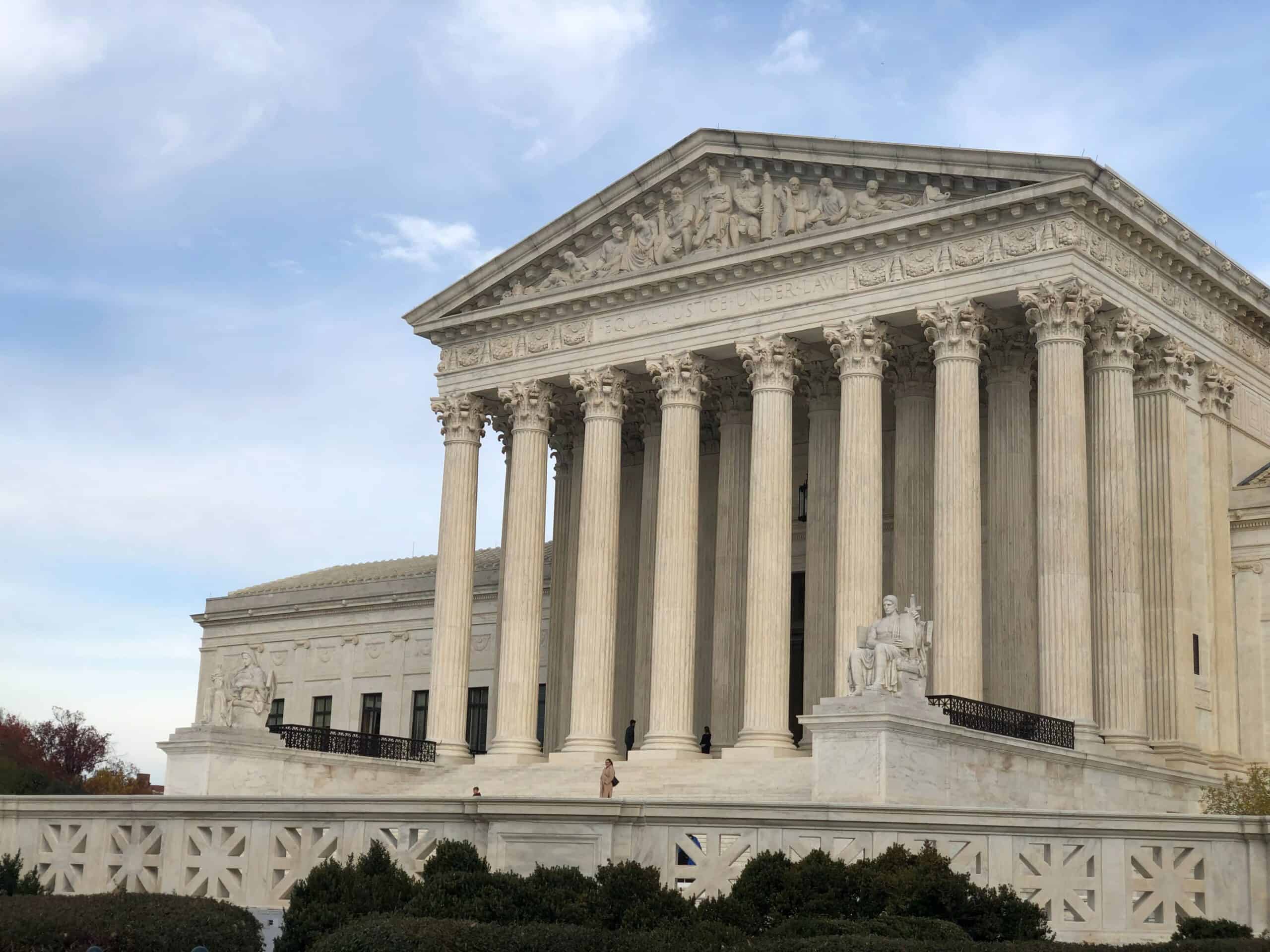
One of the foundational principles of the United States is that we are a country of laws, not men—a place where the lowliest of the low are subject to the same laws and rules as the most exalted and powerful. Most of us learned in our middle school civics class that whenever anyone has their rights violated, especially by someone with more power, the victim can seek redress in the courts. Indeed, it is not just an aspirational ideal, but a legal requirement. After the Civil War, Congress was presciently concerned that the newly freed slaves would be subject to all sorts of depredations by the powers-that-be in the former Confederacy. To protect them, Congress passed a statute that made “[e]very person who, under color of any [law] … subjects, or causes to be subjected, any citizen … to the deprivation of any rights … liable to the party injured in an action at law.” This law, now known as Section 1983, is still on the books and is one of the Nation’s oldest civil rights laws.
Unfortunately, over the last 40 years, this ideal of equal justice and the statutory protections that are meant to protect citizens against unlawful actions of government officials have been severely undermined. In 1967, in a case known as Pierson v. Ray, the Supreme Court cut back on Section 1983 when it held that officials who are sued for violating individuals’ rights enjoy immunity from suit if they can show that the violation stemmed from a “good faith” mistake. The Court reasoned that because such a defense was available at common law, Congress intended to codify it when it enacted Section 1983. Pierson itself rests on questionable historical foundations, but at the very least it required government officials not only to act in good faith in order to avoid liability, but also to prove that they so acted. However, mere 15 years later, in Harlow v. Fitzgerald, the Court abandoned these limits on governmental immunity and instead adopted an “across the board” defense that immunized government officials from any claims unless their behavior were “contrary to ‘clearly established law.’”
While the distinction may seem academic, in reality the new standard has allowed government officials to escape even having to justify their actions, much less ultimate imposition of liability even in extreme case merely because no court had previously held identical behavior unconstitutional. To understand how protective the new regime is of government officials, consider Jessop v. City of Fresno. In that case, Micah Jessop alleged that after conducting a legal search, city police stole from him a rare coin collection worth $125,000 as well as thousands of dollars in cash. Instead of holding a trial to determine whether the allegations were true and if so, what remedy is owed to Mr. Jessop, federal courts concluded that police officers are entitled to immunity because no court had previously held that “officers violate the Fourth or Fourteenth Amendment when they steal property seized pursuant to a warrant.” In other words, under the present legal regime lessons we all learned by the time we were three years old—don’t take other people’s things—are too obtuse for government officials to understand.
The current qualified immunity regime lets government officials from beat cops to university presidents get away with routinely violating individuals’ rights. Not only that, but because the doctrine allows courts to dismiss lawsuits claiming violation of rights without ever resolving whether allegations amount to a violation of rights merely because such right was not “clearly established” at the time, the rights never become “clearly established,” which in turn allows government officials to continue violating citizens’ rights.
Fortunately, the Supreme Court has an opportunity to fix the problem it created 40 years ago. In September of 2023, NCLA filed a petition for certiorari in Felkner v. Nazarian which asks the Court to reconsider the qualified immunity doctrine. William Felkner was a student at Rhode Island College (a state school), pursuing a Master of Social Work degree. However, because of his conservative views and opinions (which stood in direct opposition to the views of his professors and college administrators) he received poor grades, had disciplinary proceedings brought against him, and was ultimately denied an opportunity to graduate. The Rhode Island Supreme Court already held that Mr. Felkner’s allegations, if a jury believes them, would rise to an obvious violation of the First Amendment. Nevertheless, the same court entered judgment for the College because it concluded that the College was not on “fair notice” that its behavior would subject it to liability. The upshot of the decision is not only denial of any relief to Mr. Felkner but permitting college officials to treat other students in the same unconstitutional manner in the future. The NCLA’s petition is asking the Supreme Court to put an end to such bizarre outcomes.
It is long past time to return the nation to the rule proclaimed by Chief Justice Marshall in Marbury v. Madison—that whenever a government official “commits any illegal act under colour of his office by which an individual sustains an injury, it cannot be pretended that his office alone exempts him from being sued in the ordinary mode of proceeding, and being compelled to obey the judgment of the law.” If we are to remain a nation of laws and not of men, all men, including and especially those holding power, must be accountable to the law.
